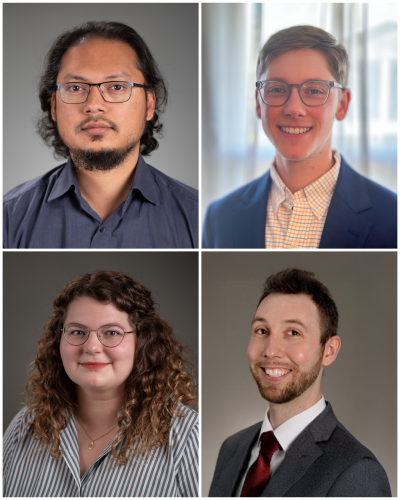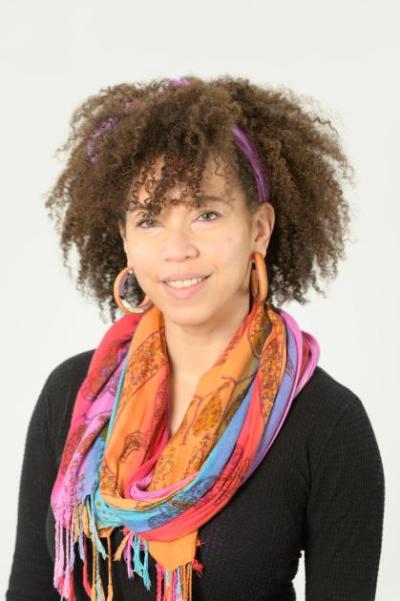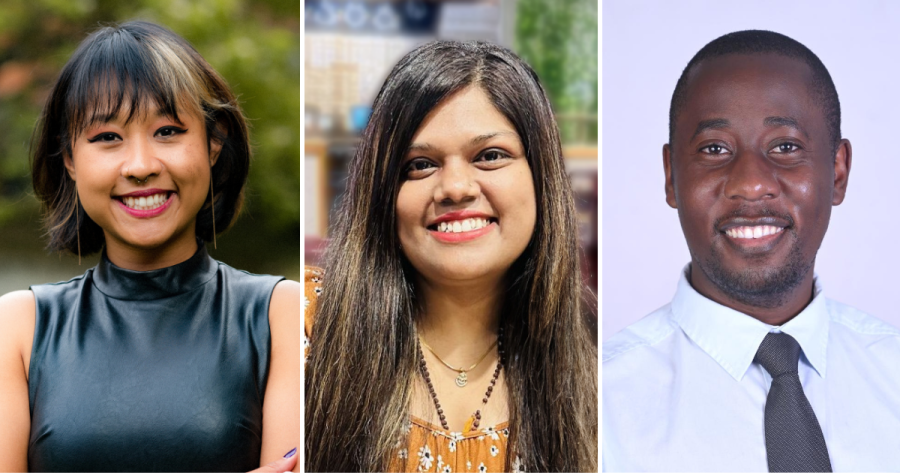By: Kathryn Russo, Ph.D. & Adela Chlastakova, Ph.D.
The NIAID 18th Annual Fellows Workshop, held on December 11–12, 2024, celebrated the exceptional research conducted by NIAID's predoctoral, postdoctoral, research, and clinical fellows. The event featured over sixty dynamic presentations, showcasing cutting-edge scientific work. In addition to the research presentations, the workshop included professional development sessions designed to enhance key scientific and career skills for early-career researchers.
Day 1 Synopsis—Showcasing Research and Fostering Collaboration
The NIAID 18th Annual Fellows Workshop was held on Bethesda’s Main Campus on December 11 and 12, 2024. The first day consisted of nearly 70 poster presentations from NIAID predoctoral, postdoctoral, research, and clinical fellows. Participating fellows had the opportunity not only to present their own work, but also to learn about ongoing research and serve as poster judges. Four individuals were recognized for their outstanding posters:
- Sazzad Mahmood, Ph.D., Laboratory of Bacteriology
- Jacob Pederson, Laboratory of Immune System Biology
- Jil Haase, Ph.D., Laboratory of Virology
- Clinton Bradfield, Ph.D., Laboratory of Immune System Biology
Throughout Day 1, fellows engaged in networking opportunities, identified potential collaborations, and familiarized themselves with ongoing NIAID research.
Day 2 Synopsis—Mastering Essential Skills for Scientific Success
The second day of the NIAID 18th Annual Fellows Workshop featured three professional development sessions focusing on grant writing, bibliometrics, and delivering a scientific talk.
The day began with Dr. David Armstrong who shared the secrets to writing a winning grant. During his lecture, he emphasized the importance of pre-application planning and career gap analysis. He also discussed the peer review process, scoring, and key NIH resources. The talk was a condensed version of the 6-month NIAID Grant Writing Training and Mentoring Program, which I highly recommend to anyone planning to write a grant application.
Following a short break, Sara Hoover and Stacy Brody from the NIH Library gave a presentation on leveraging bibliometrics to demonstrate research productivity, impact, and collaboration. Their lecture focused on determining publication counts, citation metrics, h-index scores, and related statistics using databases such as Web of Science. To have a real-life example, we explored the bibliometric indicators of Dr. Anthony Fauci, whose scientific contributions are truly impressive and inspiring.
Rounding out the day, Melissa Marshall taught us how to present science effectively. According to her, the keys to success are knowing your audience, being focused, acting as an interpreter rather than merely a reporter, and preparing visual slides with clear take-away messages. By varying the pace of her speech and interacting with us by asking questions, maintaining eye contact, and cracking jokes, Melissa demonstrated what a captivating presentation should look like.
Overall, attending all three sessions was valuable, as they covered skills important for achieving success in science.




